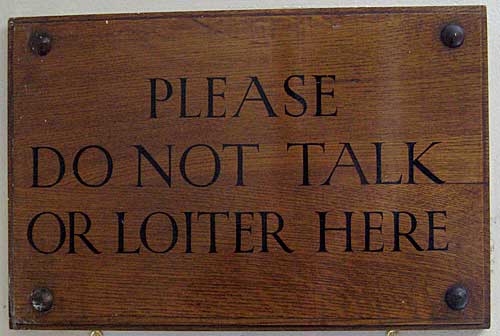One of the most odious circumlocutions in English is the phrase “independent school” — which is really a way of masking the fact that the institution in question is a private school. Recently, it was revealed that a handful of Britain’s most expensive private schools (to wit Eton, harrow and Winchester) had been running what amounts to a cosy, price-fixing cartel. Zoe Williams has a nicely sardonic take on this…
In fact, that’s not the half of it, and the other half is a little bit dodgier – bursars of the above named schools were swapping fee information with one another. Not because they shared a trainspottery interest in numbers, nor because they were amused by the outlandish sums people were prepared to pay (though I’d be surprised if that didn’t raise a chuckle at the same time). No, this was purely professional, and also a little bit illegal. They were price-fixing, for which they have received a “slap on the wrist” from the Office of Fair Trading, though I can’t help thinking that the only metaphorical language they’ll really understand is a hefty thrashing with some kind of sports equipment.
More: John Clare, Education Correspondent of the Daily Telegraph, takes a more charitable view.
How could such people [the establishment figures who are often trustees of big private schools] not have known that what they were doing was illegal? And who could believe they would have done what they did had they known it was illegal?
To the first question, the Independent Schools Council (ISC), which represents all the schools, thinks it has the answer.
As charities, the schools had always exchanged information about the fees they were proposing to set, and both the OFT and the Department for Trade and Industry failed in their duty to tell them that their long-standing immunity from competition law had been scrapped.
The second question may be rephrased as: “What on earth made the OFT think this particular nut was worth cracking with a pile-driver?” Did it really believe the spin some newspapers put on the story, which was that parents were being ruthlessly ripped off by a cabal of over-mighty schools not worthy of their charitable status and intent on stuffing their pockets with gold?
Thanks to Quentin for the Torygraph link.

